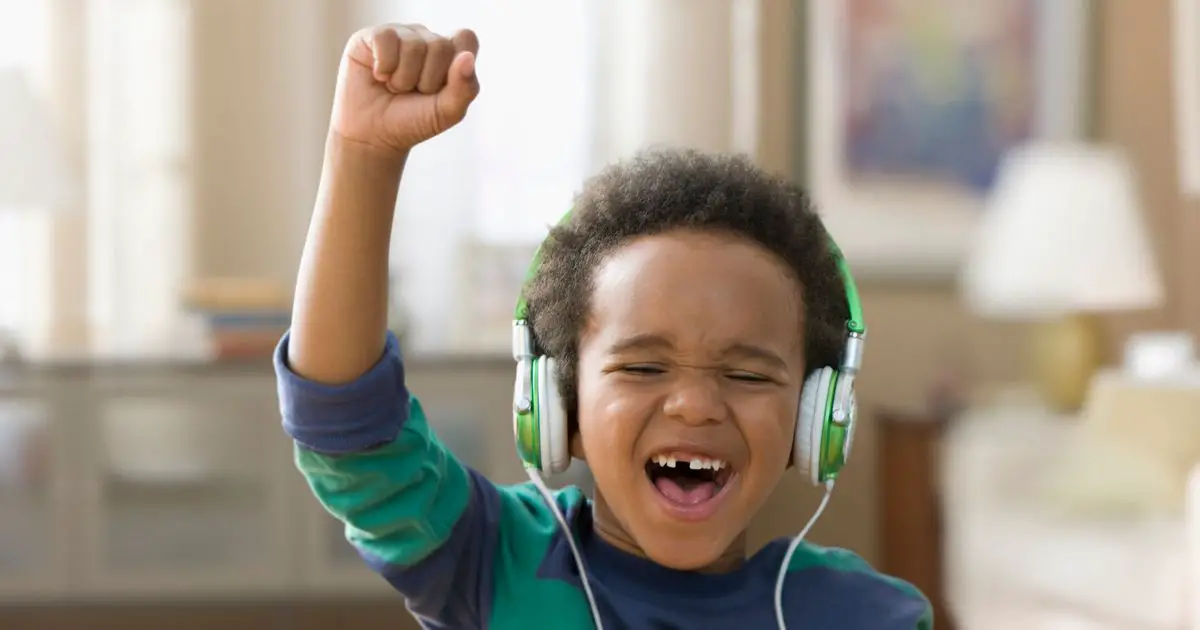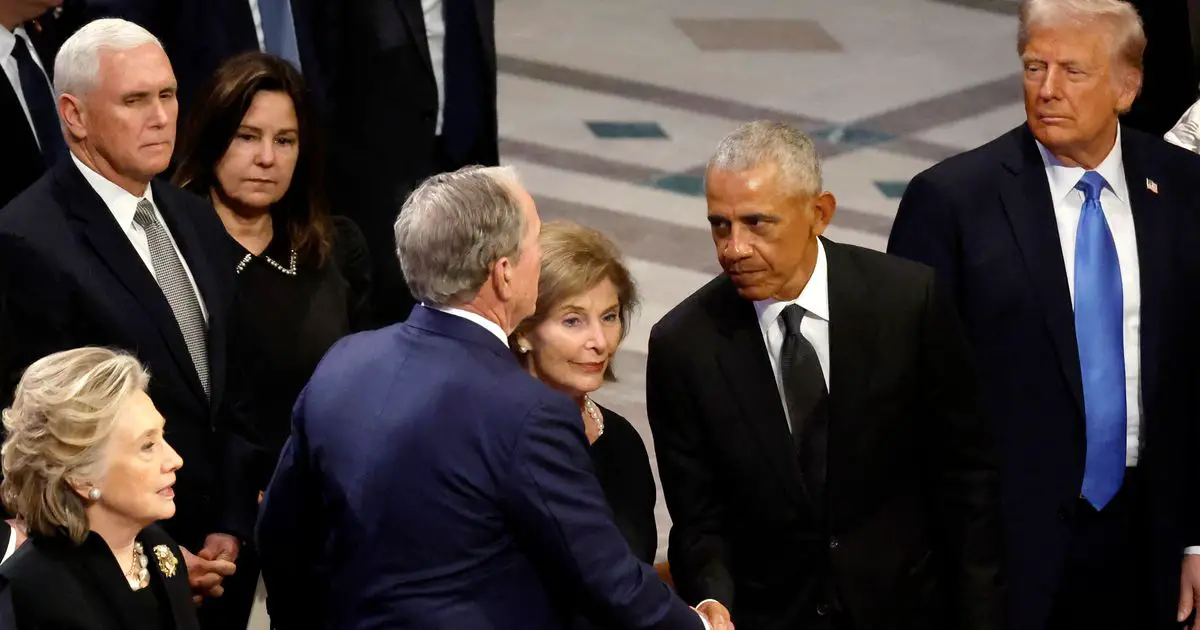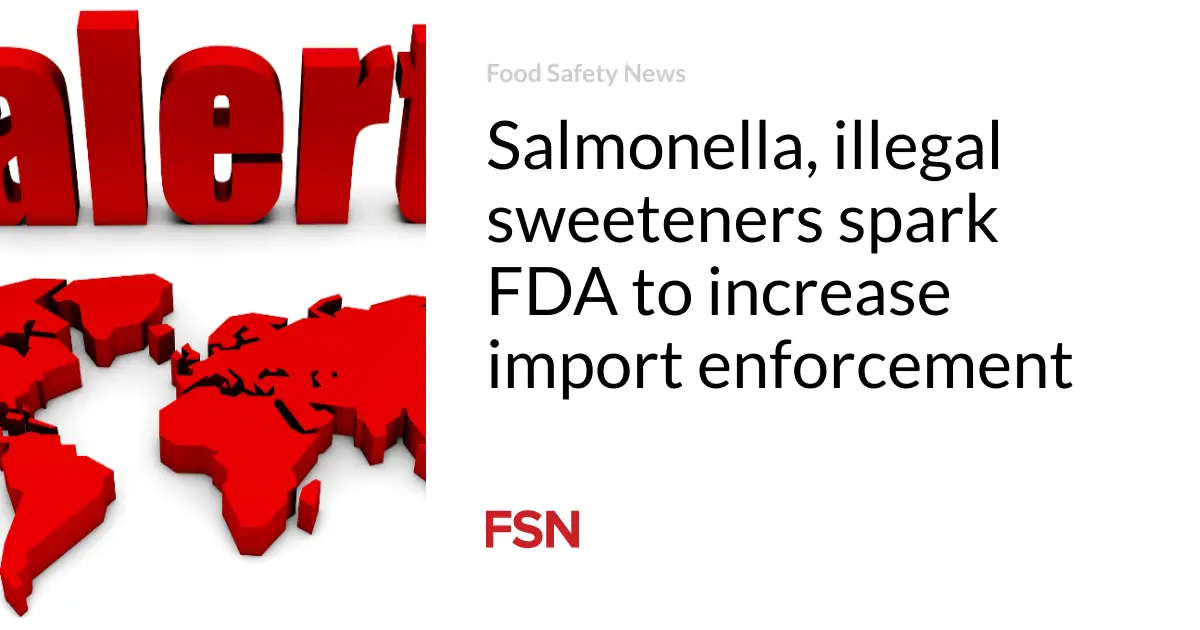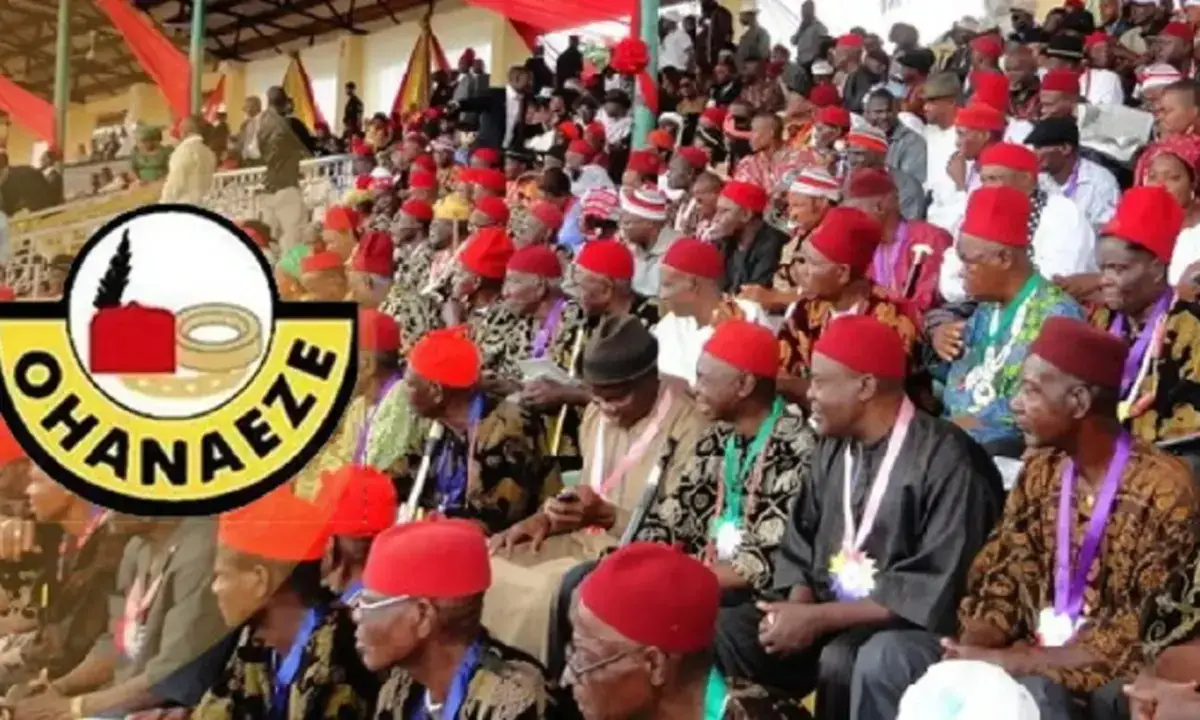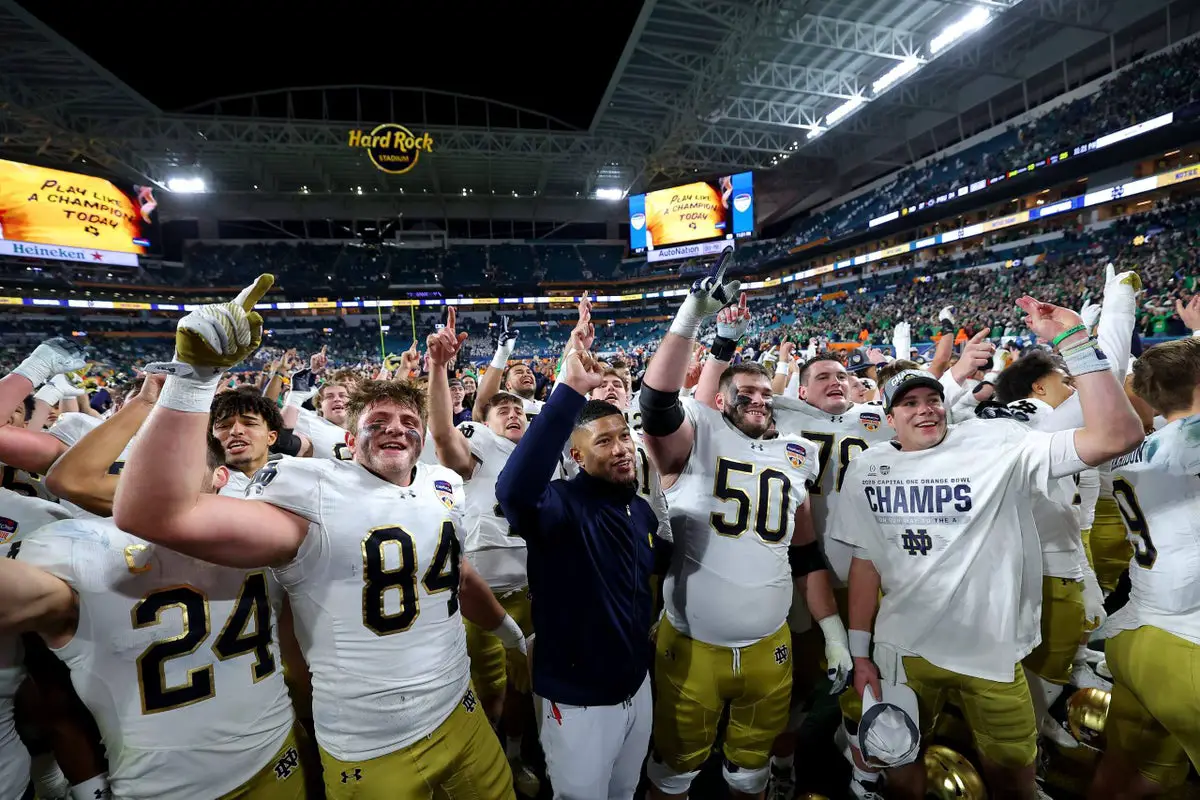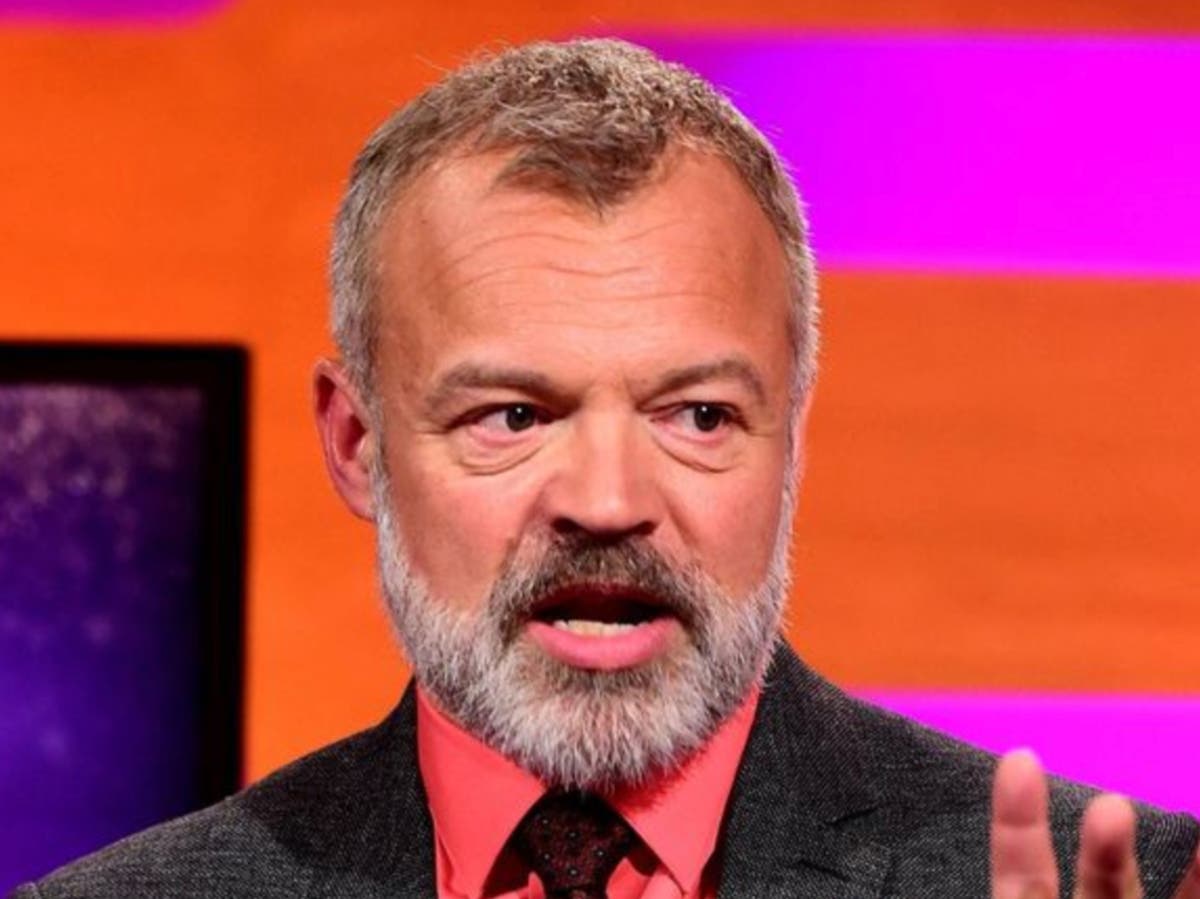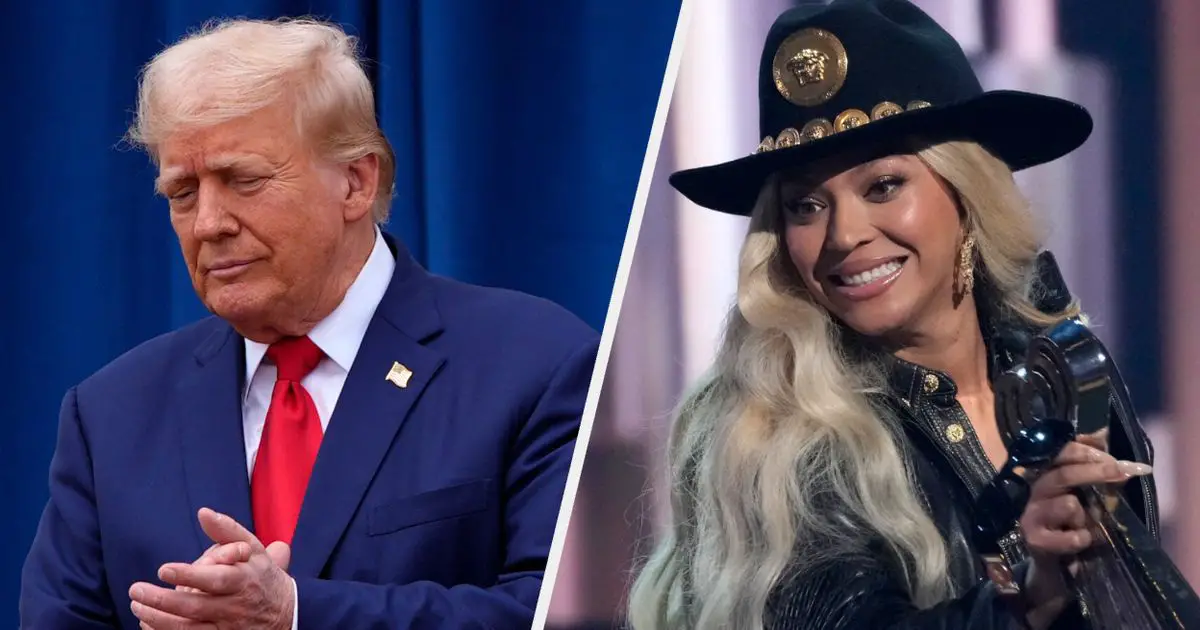
It looks like the Donald Trump campaign may well have landed itself in trouble once again due to unauthorised music usage.
Throughout Trump’s political career, the former president hasn’t exactly had artists falling over themselves to lend their music to his campaign, and in fact, several have issued him with warnings of varying levels of severity over the years when their music has been used in one way or another.
On Tuesday, the Republican presidential candidate’s spokesperson Steven Cheung shared a video of Trump, accompanied by the Beyoncé track Freedom (which, yes, just happens to be the song his opponent Kamala Harris has adopted as her own campaign song in recent history).
Shortly afterwards, Rolling Stone published a piece citing an anonymous “source close to Beyoncé” who claimed the record-breaking Grammy winner was displeased with Cheung using the song in the clip, particularly as she hadn’t expressed permission ahead of time, and had “threatened to send a cease-and-desist” to the campaign.

While Beyoncé has not addressed the matter directly, since Rolling Stone’s article was published, the video in question has quietly disappeared from Cheung’s X account.
HuffPost UK contacted Beyoncé’s team about the use of her song by the Trump campaign earlier this week, but did not receive an immediate response.
Freedom appeared on Beyoncé’s landmark Lemonade album in 2016, and features a guest verse from fellow musical heavyweight Kendrick Lamar.
Kamala Harris previously used the Grammy-nominated song in her first official campaign video after launching her bid to be elected US president last month.
Of course, Beyoncé is far from the first prolific musician to come for the Trump campaign.
This month alone, Céline Dion and the estate of Isaac Hayes have spoken out against Trump for featuring their music at his rallies.
Meanwhile, the family of Sinéad O’Connor and The Smiths guitarist Johnny Marr have each publicly blasted Trump for featuring songs without permission at his political campaign events earlier this year.
During his previous presidential bids, the Rolling Stones threatened to sue Trump for playing their songs at his 2020 election rallies in spite of cease-and-desist directives.
Linkin Park sent their own cease-and-desist letter to Trump that same year, after he reposted a campaign-style video featuring the group’s signature track In The End.
A year earlier, Sharon Osbourne blasted the then-president for using the Black Sabbath track Crazy Train in a campaign video, and emphasised that he was “forbidden” from using her husband Ozzy’s music in future videos or at his rallies.
Prior to that, Rihanna issued a wonderfully withering response after learning that her song Don’t Stop The Music was being played at pro-Trump political events.
In an immediately-iconic social media post, she said: “Me nor my people would ever be at or around one of those tragic rallies, so thanks for the heads up!”

